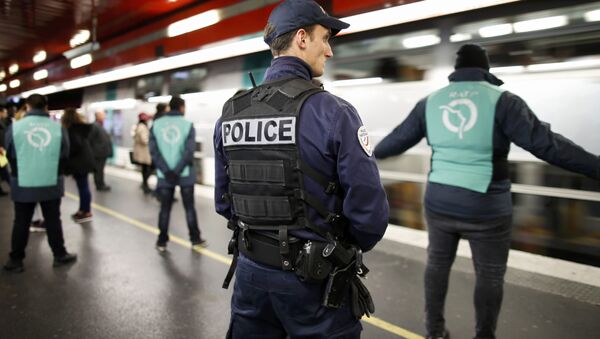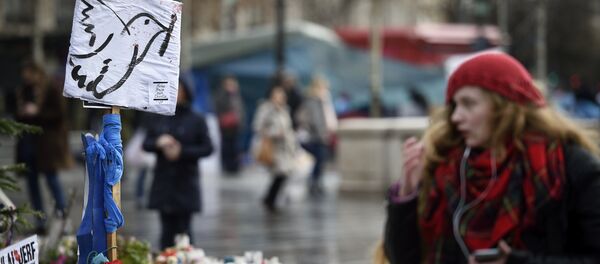To combat the spread of disinformation and sometimes outright lunacy, which a few conspiracy theories bring to the table, French Minister of Education Najat Vallaud-Belkacem decided to gather students and educators in a meeting on February 9 and discuss how one could distinguish real and verifiable information from various kinds of unprovable information that many conspiracy theories present.
"Easy access to Internet and a variety of content sources create confusion and it's sometimes difficult to distinguish right from wrong and to exercise critical judgement," Vallaud-Belkacem said, as quoted by Le Figaro.
After the November 13 terrorist attack in Paris a series of conspiracy theories, which deny the official version of the events and provide their own alternative explanations for what happened, appeared online and quickly became popular among many young French citizens.
The first kind of conspiracy theory accuses the French government of orchestrating the attacks. By doing so the government allegedly seeks to tighten security measures, justify the declaration of the state of emergency and carry out a series of anti-Islamic and anti-immigration policies.
The second type of theory is based on the idea that the world is controlled by a tight group of Jewish elites, centered in New York City, Jerusalem and some European capitals, who have their hands on the entire global economy and politics. These theories claim that this secret "Judeo-Masonic" group organized the Paris terrorist attacks for their own benefit.




